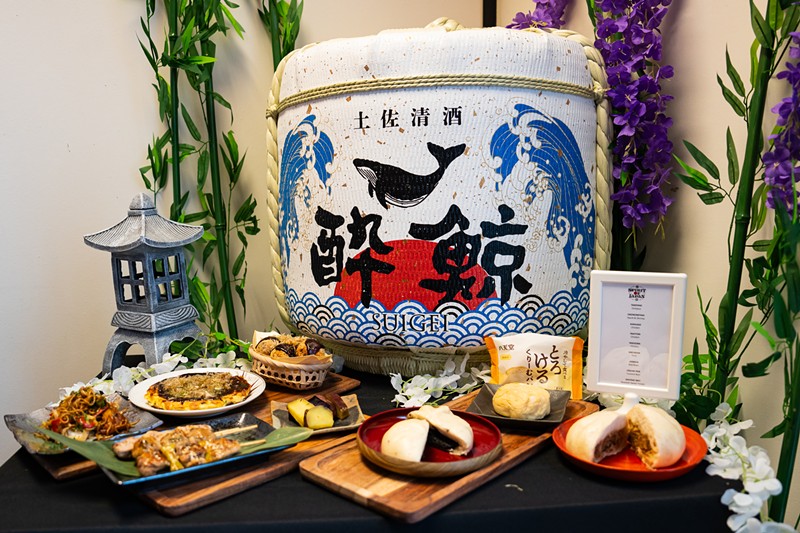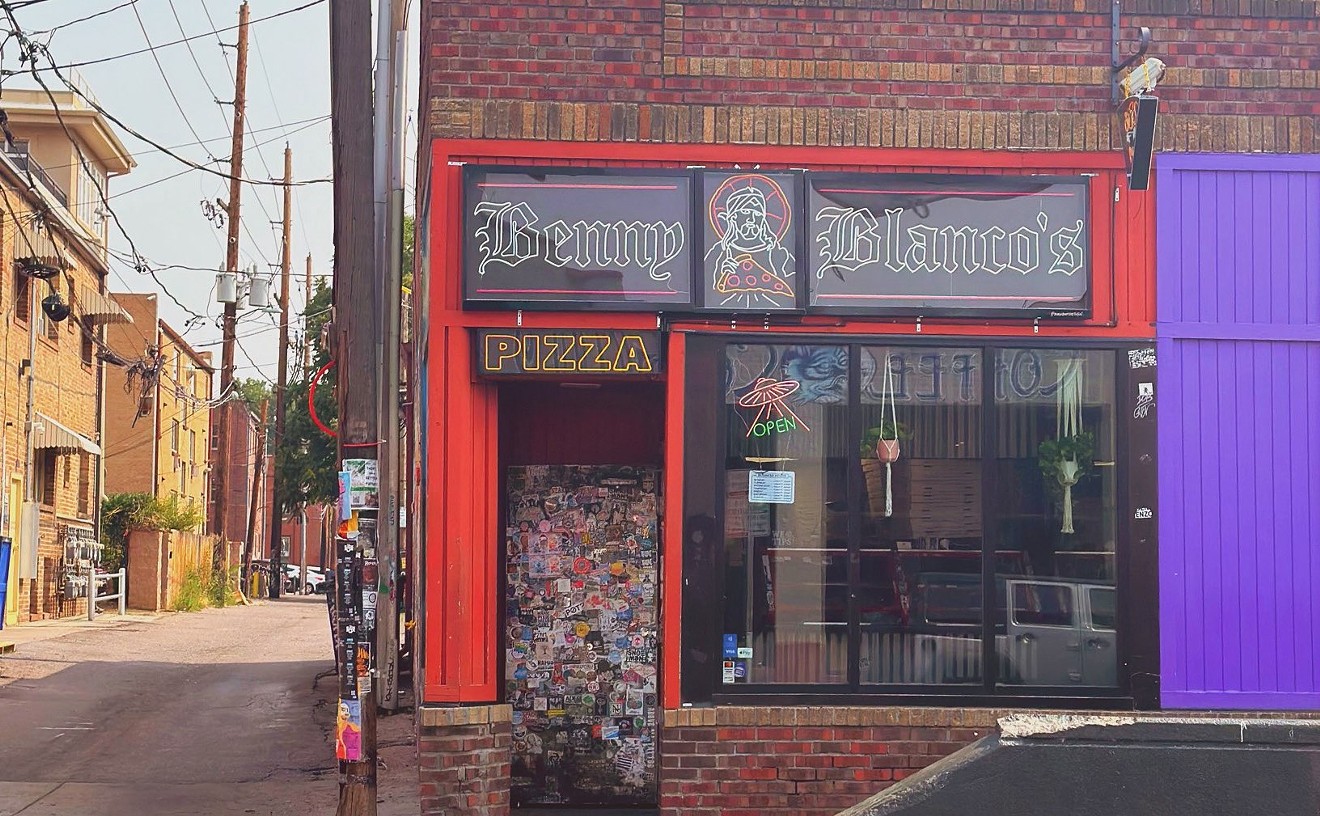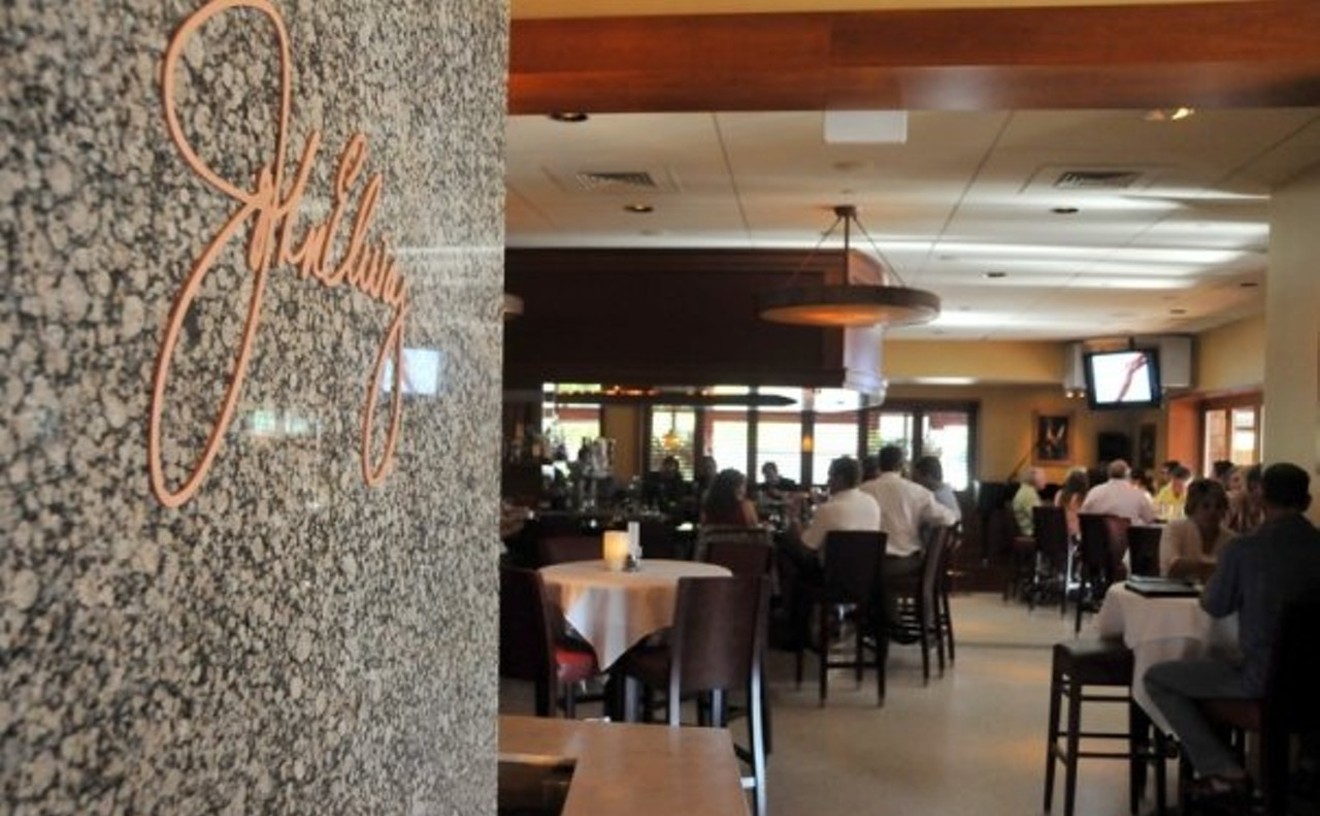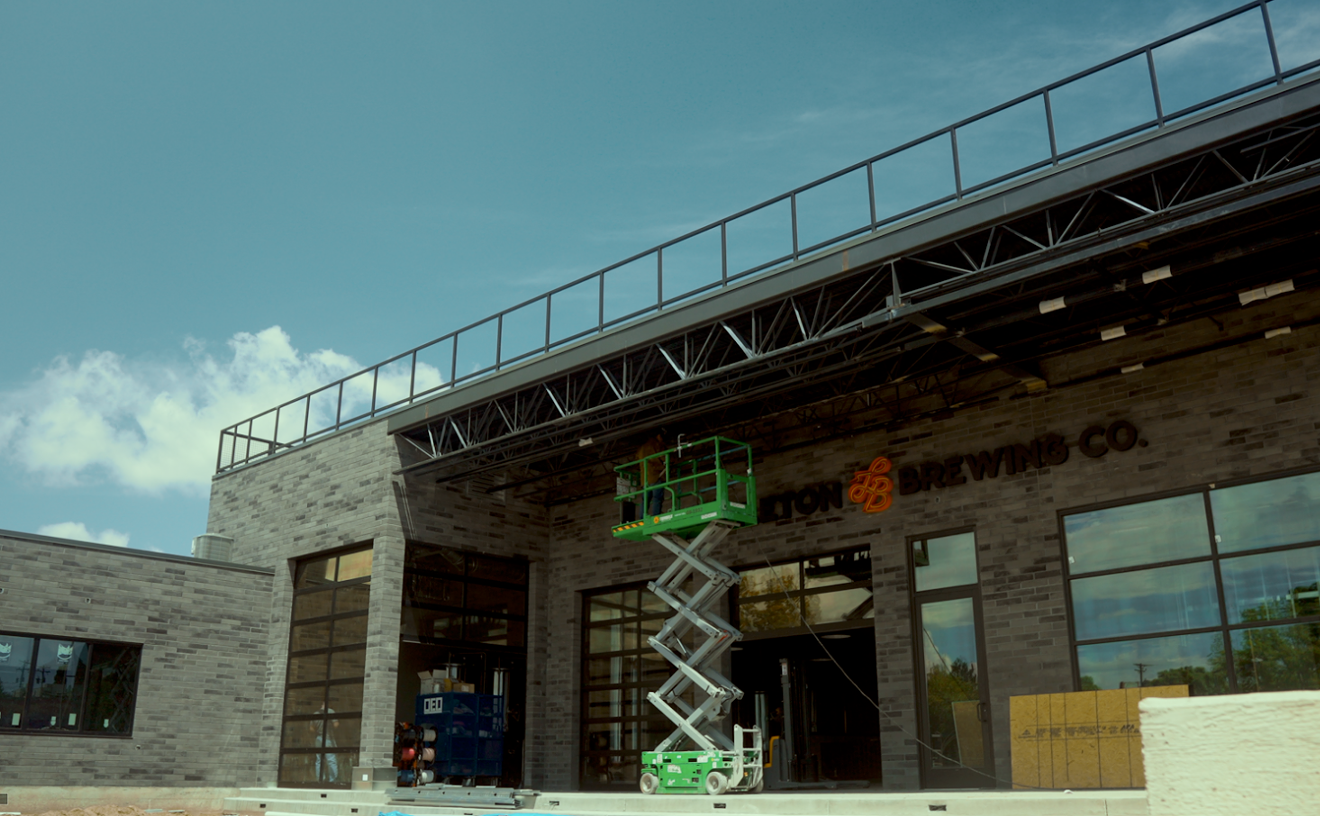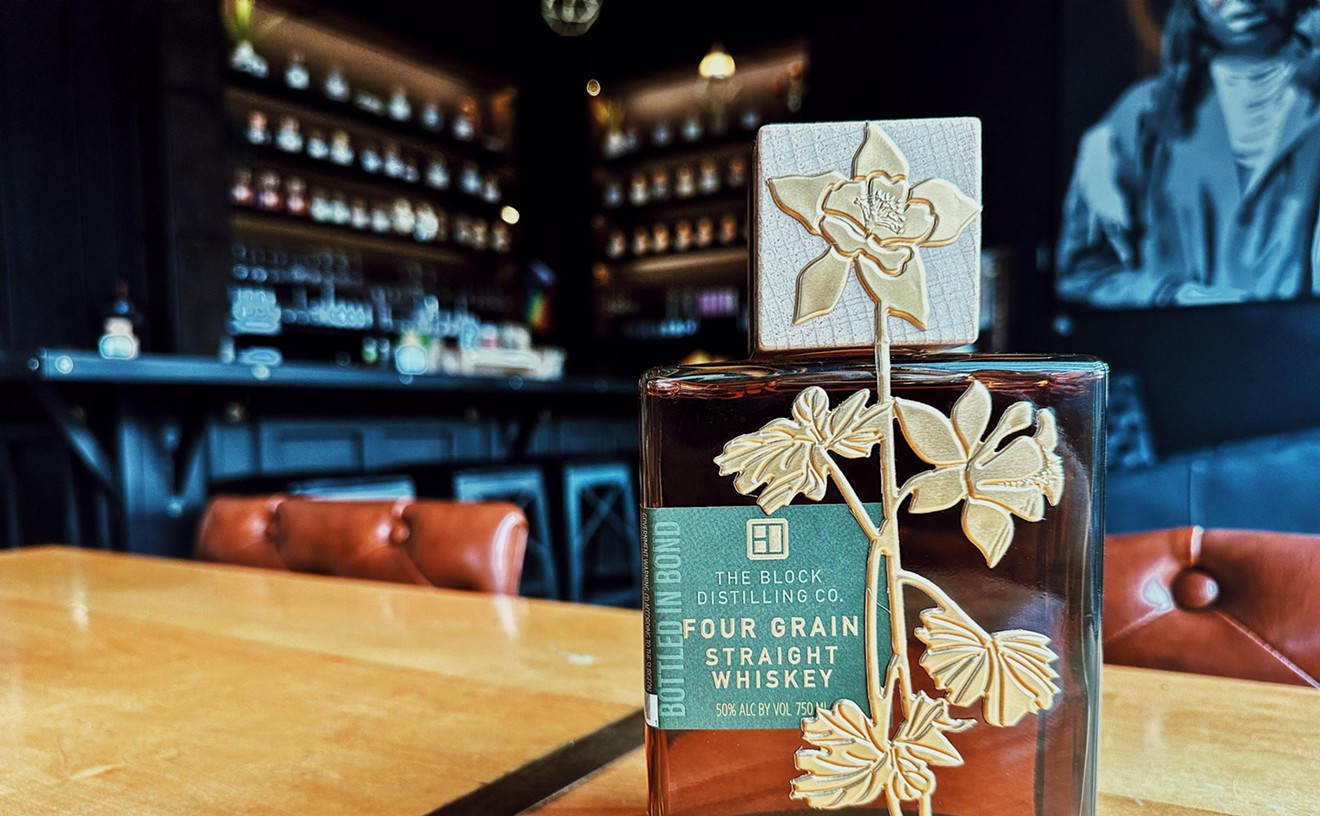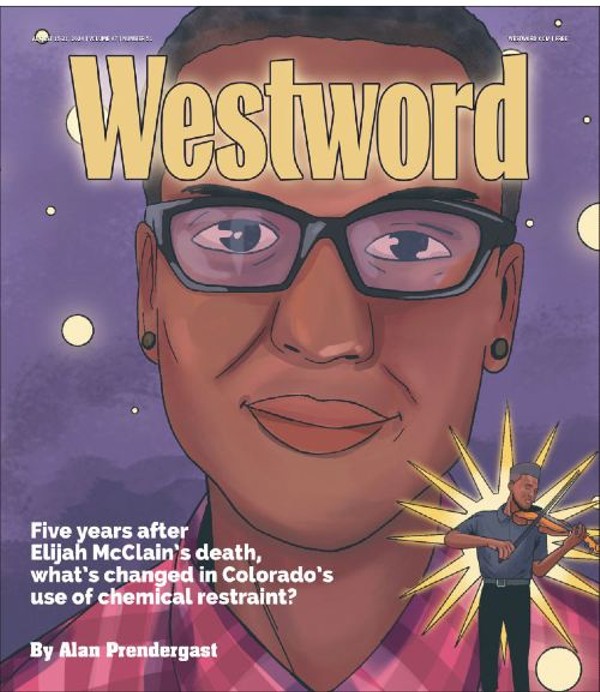Tickets start at $60.54 and are available via Eventbrite. Half of the proceeds from the event will go to local nonprofit Sakura Foundation, to support its mission “to celebrate and share Japanese and Japanese American culture and heritage in order to promote a more compassionate, resilient and equitable society.”
Sakura Foundation’s executive director, Stacey Shigaya, says Spirit of Japan will be a fast-paced weekend of culinary exploration. Shigaya and Sakura Square LLC CEO Tim Higashide have wanted to do a food-and-spirit-focused festival for many years, so when California-based festival partner Japan Taste Marketing approached them with this concept, they knew it was the right time.
Vendors will fill the square for four tasting sessions, offering savory street food, sweet snacks and Japan’s best sake and spirits. Shigaya promises there will be something for everyone to enjoy. “I think people’s palates and minds are expanding. They’re more welcoming to new experiences and seeing other kinds of foods in a positive way," she notes.
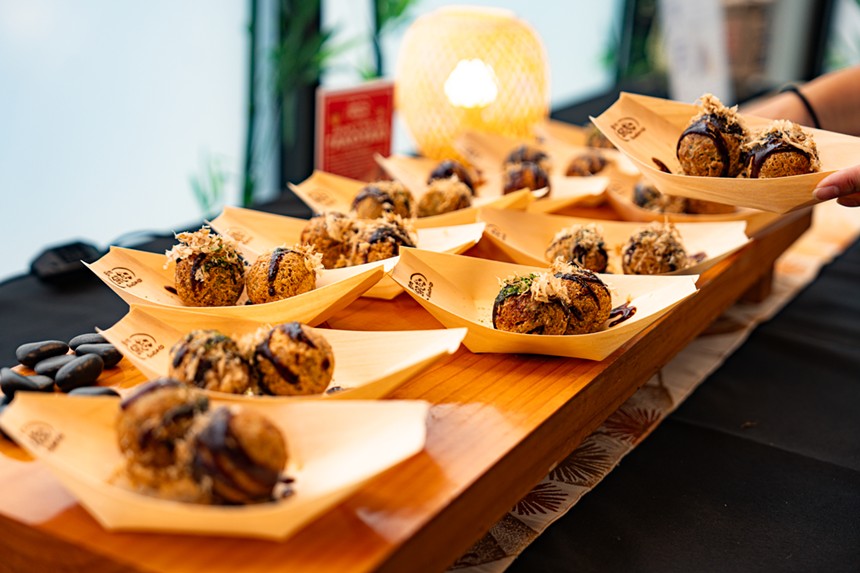
Takoyaki, balls of battered and fried octopus, will be one of many Japanese street foods offered at Spirit of Japan
Chris Marhevka
Shigaya says that guests will also be surprised by the kaki-gor (shaved ice) from Kuramoto Ice. This 100-year old business out of Kanazawa, Japan, is known throughout the bartending world for high-quality ice blocks, and has imported ice from Japan to provide a fluffy, refreshing treat with a refined sweetness that is very different from syrupy snow cones.
For the 21-and-up crowd, sake tastings include Ichido sparkling sake, Nanbu Bijin from the southern region of Japan, and Heaven Sake, an all-natural, no-added-sugar, gluten-free, crafted-in-Japan offering. Additionally, festival-goers can toast over other spirits such as whisky from Suntory Japanese and some popular Japanese beers.

Popular brand Suntory will be present for Spirit of Japan with Japanese whiskys and other spirits.
Chris Marhevka
In response to Carr’s encouragement, a Japanese community took root in downtown Denver, but because of local pushback, Japanese Americans were relegated to a dilapidated nine-block stretch, where they set up shops, restaurants and residential buildings.
In the 1970s, the Denver Urban Renewal Authority initiated redevelopment efforts in what is now LoDo. To avoid complete displacement, leaders within the Tri-State Denver Buddhist Temple negotiated to buy one block of property, which came to be known as Sakura Square.
The Temple owns its building, which sits on a quarter of the block. For decades, the rest of the area was owned and operated by Tri-State Buddhist Church Apartments Incorporated, a 501(c)(3) nonprofit. In 2014, once TSBCAI’s HUD loan was paid off, landlords were able to price rentals at market rates, so the entity split in two. "That’s when Sakura Square LLC was formed to own and operate the block," Shigaya explains. "And then, Tri-State Buddhist Church Apartments Incorporated 501(c)(3) changed its name to Sakura Foundation and changed its mission to the charitable mission that we have today.”
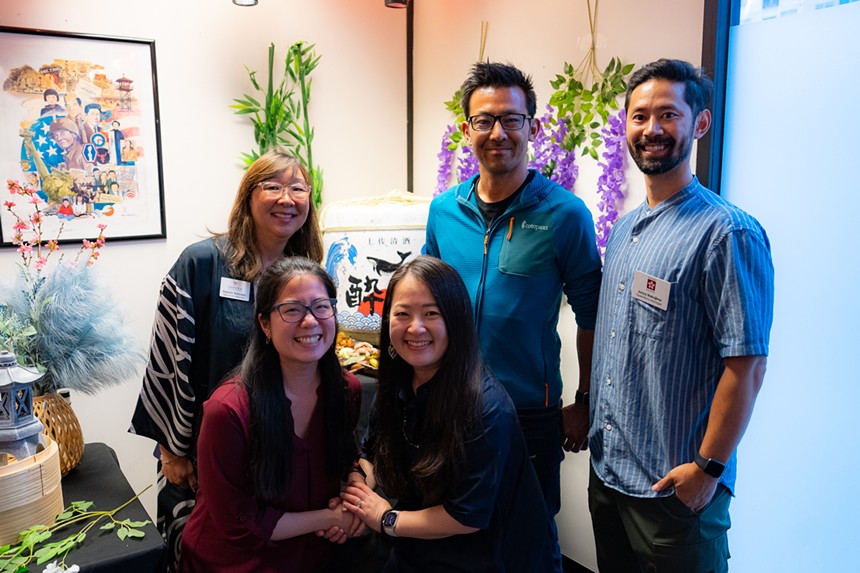
The Sakura Foundation and Sakura Square LLC teams (left to right): Stacey Shigaya, Grace Leung, Juri Fujimoto Levchuk, Nozomu Tim Higashide and Junya Nakajima.
Chris Marhevka
The programming, open to everyone, covers traditional and contemporary topics including genealogy workshops, author talks and book signings, scholarships for graduating high school seniors, community grants and Chibi no Gakkō, a bi-annual cultural heritage program for first- through eighth-graders. The Sakura Foundation also co-sponsors Denver’s Cherry Blossom Festival, which celebrated its fiftieth anniversary in June.
The Foundation is equally invested in preserving history and building for the future. Sakura Square, LCC is working on a redevelopment plan to address the restoration needs of the buildings while the Foundation is determined to pass the torch to younger community members. Notes Shigaya: “We don’t want to just be here for now. We have a purpose right now, but if we want to grow and have something for future generations to enjoy, celebrate and take pride in, then we have to be proactive. That’s why we created the Mirai (future) Generations Leadership Program.”
Mirai Generations is aimed at young professionals in their twenties and thirties and offers a framework for participants to hone leadership skills, craft personal objectives for community impact and network to form lasting personal and professional friendships.
As a third-generation Japanese American, Shigaya’s work at the Foundation is deeply personal. Her late mother and father were both incarcerated for years in internment camps when they were school-aged and dealt with immense trauma and dueling identities through the struggle of assimilation. They also got married at the Tri-State temple, and Shigaya raised her two children, now 26 and 29, in the Denver area.
“My parents had a tightrope they had to walk between being proud of who they were and looking like they looked, but yet making sure that they weren’t discriminated against," Shigaya says. “They wanted to make sure that they expressed their dedication to being Americans." Her father even enlisted in the Army and fought in the Korean War, which Shigaya believes was an effort to ensure that his devotion to America was indisputable.
It is important for Shigaya to provide an environment for Japanese Americans to honor their history, painful as it might be, and to unlearn any shame or lingering generational trauma in order to healthfully celebrate the complexity of what it means to be Japanese American.
Shigaya describes the Foundation team as a “tiny but mighty” crew of herself as executive director and program coordinator Grace Leung, while Sakura Square LLC's team includes CEO Higashide, project manager Juri Fujimoto Levchuk and senior operations manager Junya Nakajima. ”I learn a lot from Tim; he is one of the smartest guys I’ve ever met. And we have a really good team that really cares and works really hard," she notes.
The Foundation’s success also relies on the skills and talents of collaborators and volunteer workers. Spirit of Japan already has seventy Foundation volunteers signed up, and Shigaya anticipates that number to grow by the time the festival begins.
Shigaya hopes Spirit of Japan will encourage more people to learn about and get involved with Sakura Foundation and the Japanese/Japanese American community at large. Donations and event ticket purchases go a long way toward restoring the neighborhood and uplifting the local community.
“We’re really proud of what we’ve been able to do over the past ten years and how we’ve been able to grow," Shigaya concludes. “The fact that we get to bring that joy to people, whether it’s through the Cherry Blossom Festival and now through the Spirit of Japan, or through the programming that we do, it’s a gift, and we do not take it for granted.”
For more information about Spirit of Japan, which takes place at Sakura Square August 23-25, visit spirit-jpn.com/denver. To learn more about Sakura Foundation, visit sakurafoundation.org.

